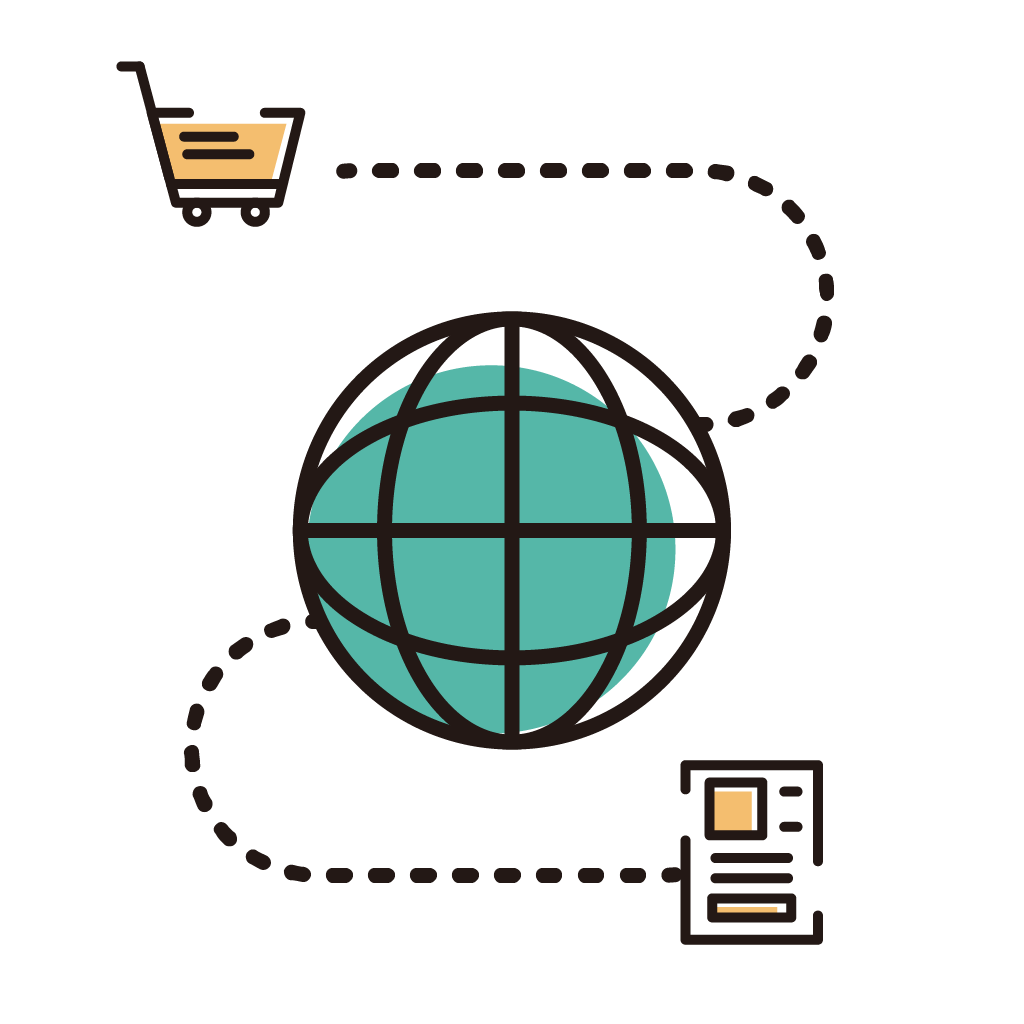Importance of Providing Excellent After-Sales Service in International Logistics
In the dynamic and highly competitive world of international logistics, companies must go above and beyond to gain a competitive edge. While the primary focus may often be on the shipment and delivery process, the significance of after-sales service should not be underestimated. After-sales service plays a crucial role in maintaining customer satisfaction, fostering long-term relationships, and ultimately, ensuring repeat business. This article will delve into the various aspects of after-sales service in international logistics and explore its importance in more detail.
Understanding the Concept of After-Sales Service
After-sales service refers to the support and assistance provided to customers after the purchase of a product or service. In the context of international logistics, it involves activities carried out by logistics providers to address customer queries, resolve issues, and handle any required modifications or repairs. While the specifics may vary depending on the industry and nature of the product, the overarching goal remains the same – to ensure customer satisfaction throughout the entire post-purchase journey.
Building Customer Loyalty through Effective After-Sales Service
Exceptional after-sales service has the power to transform customers into loyal brand advocates. By promptly addressing concerns or complaints and providing satisfactory solutions, logistics providers can instill confidence and build trust. This level of customer care goes beyond the initial transaction and can have a significant impact on the overall customer experience. Additionally, positive word-of-mouth created by satisfied customers can serve as a valuable marketing tool for attracting new clients and expanding business opportunities.
Tailoring After-Sales Service to International Logistics Challenges
International logistics presents unique challenges that must be considered when providing after-sales service. These challenges can include language barriers, varying regulations and customs procedures, longer delivery times, and the need for efficient coordination across multiple stakeholders. Overcoming these challenges necessitates effective communication, strong partnerships with local service providers, and a willingness to adapt to local practices and preferences. Logistics providers that excel in addressing these challenges through personalized and efficient after-sales service will differentiate themselves from competitors in the global marketplace.
Leveraging Technology for Enhanced After-Sales Service
In the digital age, technology plays an integral role in ensuring efficient after-sales service. Automation, artificial intelligence, and data analytics can streamline processes, reduce response time, and enable personalized customer interactions. For instance, by implementing a robust customer relationship management (CRM) system, logistics providers can keep track of customer preferences, history, and requests, allowing for a more tailored and proactive approach to after-sales support. Moreover, technology-based solutions can aid in providing real-time shipment tracking, proactive updates, and accessible communication channels, further enhancing the overall customer experience.
In Conclusion
In the global landscape of international logistics, after-sales service holds immense significance as a key driver of customer satisfaction, loyalty, and business growth. By understanding the concept of after-sales service, focusing on building customer loyalty, tailoring service to international logistics challenges, and leveraging technology, logistics providers can position themselves as trusted partners in the supply chain. Prioritizing after-sales service not only benefits individual companies but also contributes to the overall development and success of the international logistics industry.























